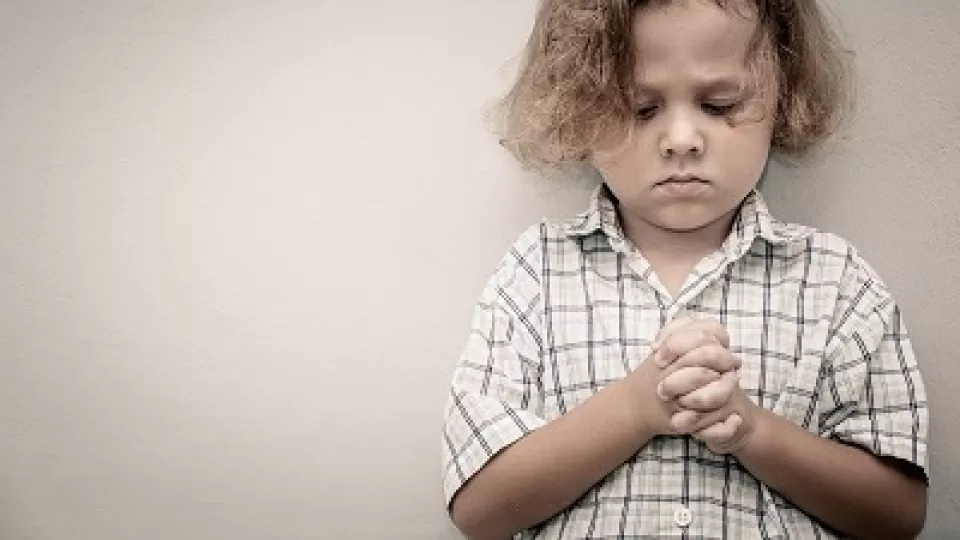
Autism: What Your Child’s Clinician Might Not Know
Many clinicians don’t feel confident about treating kids with autism and related mental health disorders, which may come as no surprise to parents of children with autism spectrum disorders (ASD).
Up to 70% of children with ASD have a co-occurring mental health disorder such as anxiety, depression or disruptive behavior. And while there are promising intervention strategies to treat these disorders, many families face barriers to access quality mental health services for their children.
In a study that surveyed 64 mental health clinicians working in 21 publically-funded mental health agencies in Los Angeles, researchers at Children’s Hospital Los Angeles explored the existing types of preparation and supports for providing mental health services to children with ASD and other developmental disabilities. They discovered that many clinicians feel unprepared to serve children with complex co-occurring conditions.
The study, published online in the Journal of Mental Health Research in Developmental Disabilities found that only half of the clinicians reported receiving training in ASD/DD in their professional education, with social workers least likely to have had such training. Only half of the clinicians reported feeling confident to diagnose mental health problems for children in this population.
According to the study authors, Marian E. Williams, PhD, from the Stein Tikun Olam Infant-Family Mental Health Initiative at Children’s Hospital Los Angeles, and Emily Haranin, PhD, a licensed psychologist at the University Center for Excellence in Developmental Disabilities at Children’s Hospital of Los Angeles, these findings reveal a need to impact significant change in the professional education – both graduate school and internship training – which is essential in laying the foundation for clinicians to develop confidence and skill in working with children with ASD/DD.
Can professional education be improved?
Williams and Haranin recommend a review of the actual curriculum offerings and expertise of faculty, and enhancement of coursework to focus on developmental disabilities as a core educational requirement for mental health clinicians, as well as developing internship opportunities that include focus on ASD and other developmental disabilities. They also suggest that related enhancements be made to the continuing education and on-the-job training to meet the needs of practicing clinicians who did not receive foundational training in this area during graduate school or internships.
Children’s Hospital Los Angeles is addressing these needs through training based in the behavioral health program at the University Center for Excellence in Developmental Disabilities. Each year, faculty train over 50 interns and fellows, including those in the disciplines of developmental-behavioral pediatrics, nutrition, occupational therapy, psychology and social work. These trainees participate in a specialty mental health program, learning how to assess and intervene with children and youth of all ages who have co-occurring mental health challenges and developmental disabilities, including autism spectrum disorders.
Image Courtesy of Shutterstock


